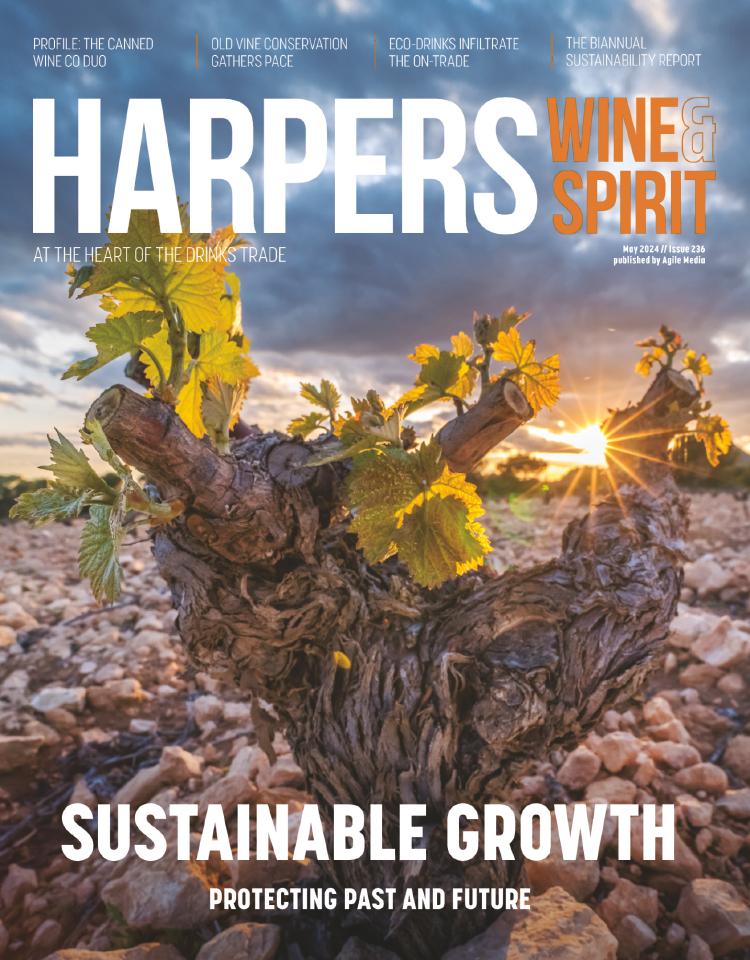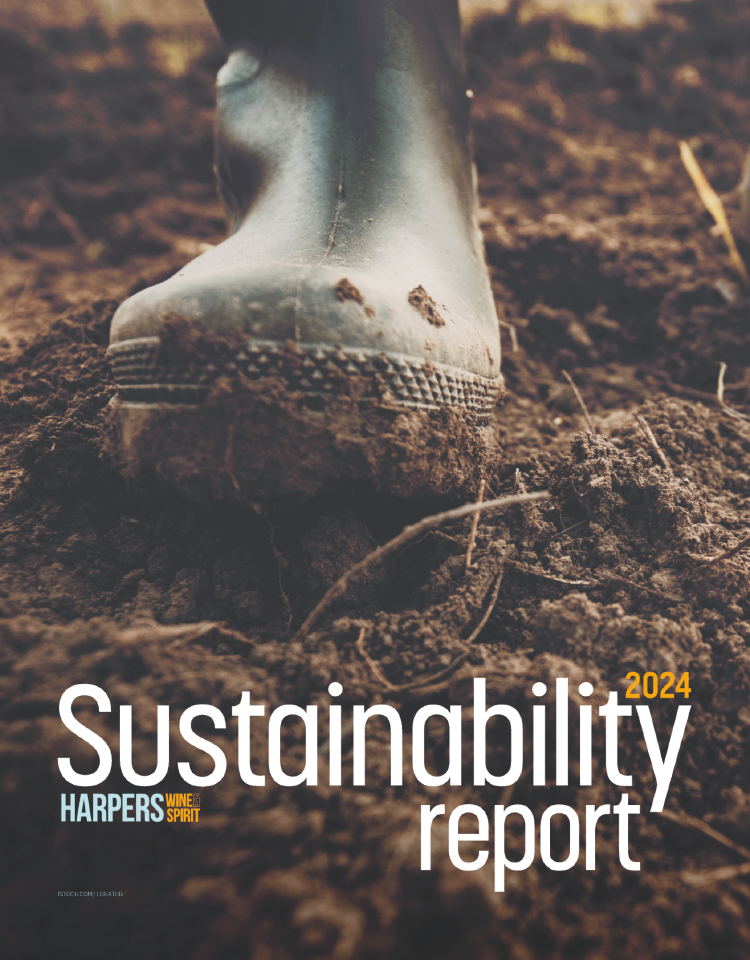
Government identifies nine types of binge drinker
The Government has identified nine types of "problem drinker" ahead of the rollout of a new alcohol campaign.
The Government has identified nine types of "problem drinker" ahead of the rollout of a new alcohol campaign.
Research by the Department of Health has identified the nine types of heavy drinker it says are most at risk of liver damage and other alcohol-related illnesses. The "types" include depressed drinkers, macho drinkers and stressed drinkers.
Heavy drinkers are classed as those who regularly exceed at least twice the daily guideline of 35 units a week for women and 50 for men.
The research has been released as the Government launches a new alcohol campaign designed to crack down on heavy drinkers. A trial information campaign has been launched in north-west England.
Over the next few months, around 900,000 households will receive leaflets through the post which highlight the link between drinking and conditions such as cancer and liver disease. They will also be given information about where they can get help for drinks disorders, including a website where they can calculate their consumption levels and access self help guides.
The campaign is targeting adults over the age of 35 who fall into the nine drinking categories.
The Government says that it hopes the campaign will help 4,000 people in the area to cut down on their alcohol consumption within a year. If successful, it will be rolled out across other regions.
According to official figures, 50,000 young men and women end up in hospital through heavy drinking each year in England. Alcohol-related illnesses and accidents cost the NHS in England £2.7 billion a year.
The nine types of drinker are:
Depressed drinker - Life in a state of crisis eg recently bereaved, divorced or in financial crisis Alcohol is a comforter and a form of self-medication used to help them cope.
De-stress drinker - Pressurised job or stressful home life leads to feelings of being out of control and burdened with responsibility Alcohol is used to relax, unwind and calm down and to gain a sense of control when switching between work and personal life. Partners often support or reinforce behaviour by preparing drinks for them.
Re-bonding drinker - Relevant to those with a very busy social calendar Alcohol is the 'shared connector' that unifies and gets them on the same level. They often forget the time and the amount they are consuming.
Conformist drinker - Traditional guys who believe that going to the pub every night is 'what men do' Justify it as 'me time'. The pub is their second home and they feel a strong sense of belonging and acceptance within this environment.
Community drinker - Drink in fairly large social friendship groups The sense of community forged through the pub-group. Drinking provides a sense of safety and security and gives their lives meaning. It also acts a social network.
Boredom drinker - Typically single mums or recent divorcees with restricted social life Drinking is company, making up for an absence of people. Drinking marks the end of the day, perhaps following the completion of chores.
Macho drinker - Often feeling under-valued, disempowered and frustrated in important areas of their life Have actively cultivated a strong 'alpha male' that revolves around their drinking 'prowess'. Drinking is driven by a constant need to assert their masculinity and status to themselves and others.
Hedonistic drinker - Single, divorced and/or with grown up children Drinking excessively is a way of visibly expressing their independence, freedom and 'youthfulness' to themselves. Alcohol used to release inhibitions.
Border dependents - Men who effectively live in the pub which, for them, is very much a home from home A combination of motives, including boredom, the need to conform, and a general sense of malaise.
Do you think the new Government campaign will work? Have your say in our forum area.





